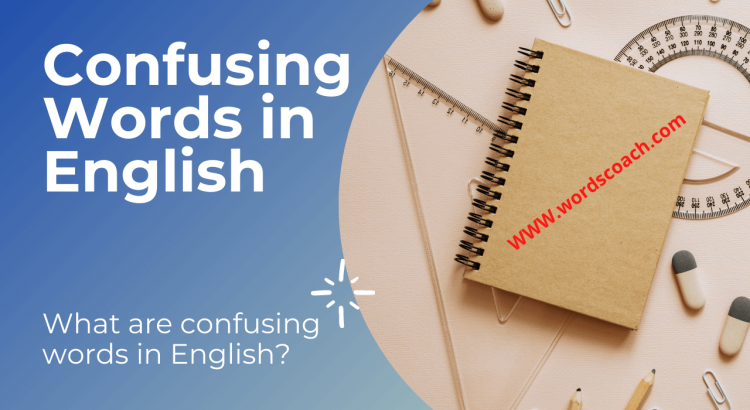Then Vs. Than
“Then” and “than” are two words that are often confused, but they have different meanings and are used in different ways in sentences.
Then is an adverb that means “at that time” or “after that.” It can also be used as a conjunction to mean “next” or “therefore.”
Than is a conjunction that means “compared to” or “to a greater extent than.”
Here is a simple rule to help you remember the difference:
- Then is used to talk about time.
- Than is used to talk about comparisons.
Then
“Then” is primarily an adverb or occasionally a noun. It is used to refer to a point in time, either in the past or the future, or to indicate a sequence of events.
Here are the key points to remember about “then”:
- Time or Sequence: “Then” is used to denote a specific time or point in a sequence of events:
- I will meet you at the cafe, and then we can go to the movies.
- Back then, life was much simpler.
- Conjunction: It can also function as a conjunction to connect two clauses or show cause and effect:
- She ate her dinner, then she went for a walk.
- If it rains, then the picnic will be canceled.
Than
“Than,” on the other hand, is a conjunction used to make comparisons between two or more things. It is used to show the difference in quality, quantity, or degree between two items.
Here are the key points to remember about “than”:
- Comparison: “Than” is used when you want to compare one thing to another:
- She is taller than her brother.
- I would rather have pizza than burgers.
- Pronunciation: “Than” is pronounced with a clear /ð/ sound and rhymes with “plan.”
The difference between Then Vs. Than
| Word | Use |
| then | Adverb or conjunction meaning “at that time,” “after that,” “next,” or “therefore” |
| than | Conjunction meaning “compared to” or “to a greater extent than” |
I hope this blog post has helped you to understand the difference between then and than. If you have any other questions about English grammar, please don’t hesitate to ask.

